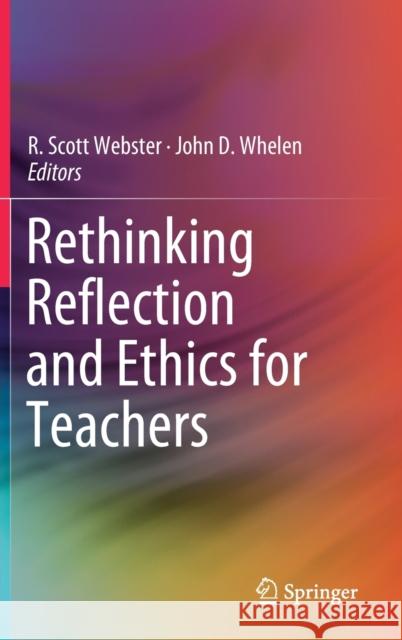Rethinking Reflection and Ethics for Teachers » książka
topmenu
Rethinking Reflection and Ethics for Teachers
ISBN-13: 9789813294004 / Angielski / Twarda / 2019 / 205 str.
Rethinking Reflection and Ethics for Teachers
ISBN-13: 9789813294004 / Angielski / Twarda / 2019 / 205 str.
cena 563,56
(netto: 536,72 VAT: 5%)
Najniższa cena z 30 dni: 539,74
(netto: 536,72 VAT: 5%)
Najniższa cena z 30 dni: 539,74
Termin realizacji zamówienia:
ok. 16-18 dni roboczych.
ok. 16-18 dni roboczych.
Darmowa dostawa!
Kategorie:
Kategorie BISAC:
Wydawca:
Springer
Język:
Angielski
ISBN-13:
9789813294004
Rok wydania:
2019
Wydanie:
2019
Ilość stron:
205
Waga:
0.48 kg
Wymiary:
23.39 x 15.6 x 1.42
Oprawa:
Twarda
Wolumenów:
01
Dodatkowe informacje:
Wydanie ilustrowane











